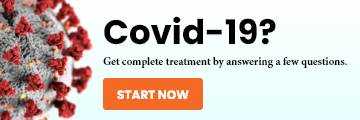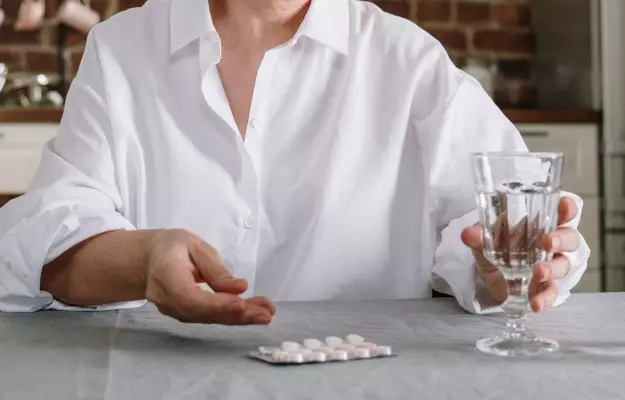There has been a continuous and rapid increase in the number of COVID-19 infected cases all over the world. The number of infected people has crossed over 7 lakh whereas the deaths due to this infectious disease have nearly reached 35,000. Amid all the research going on to find the cure for COVID-19, the national task force created by the Indian Council for Medical Research (ICMR) laid out a report saying that hydroxychloroquine can be used as a preventive medication for the people who are at a high risk of contracting the infection.
Hydroxychloroquine was originally one of the first drugs used for the treatment and prevention of malaria. It is also a disease-modifying anti-rheumatic drug (DMARD) and is used to reduce swelling and pain present in the patients of arthritis. It is also used for various autoimmune diseases like lupus and rheumatoid arthritis.
After the outbreak of COVID-19, scientists examined hydroxychloroquine in laboratory studies and in-vivo studies for testing its treatment and preventive abilities. Pre-clinical data found out that hydroxychloroquine can be used as a prophylactic treatment against COVID-19 infection.
The Ministry of Health and Family Welfare of India stated that hydroxychloroquine can only be given after medical advice written on a prescription letter. The medication should only be given to those who are in direct contact with a COVID-19 positive person. Since the medication also has side effects, medical shops are not allowed to sell hydroxychloroquine to anyone without an authentic prescription.



































